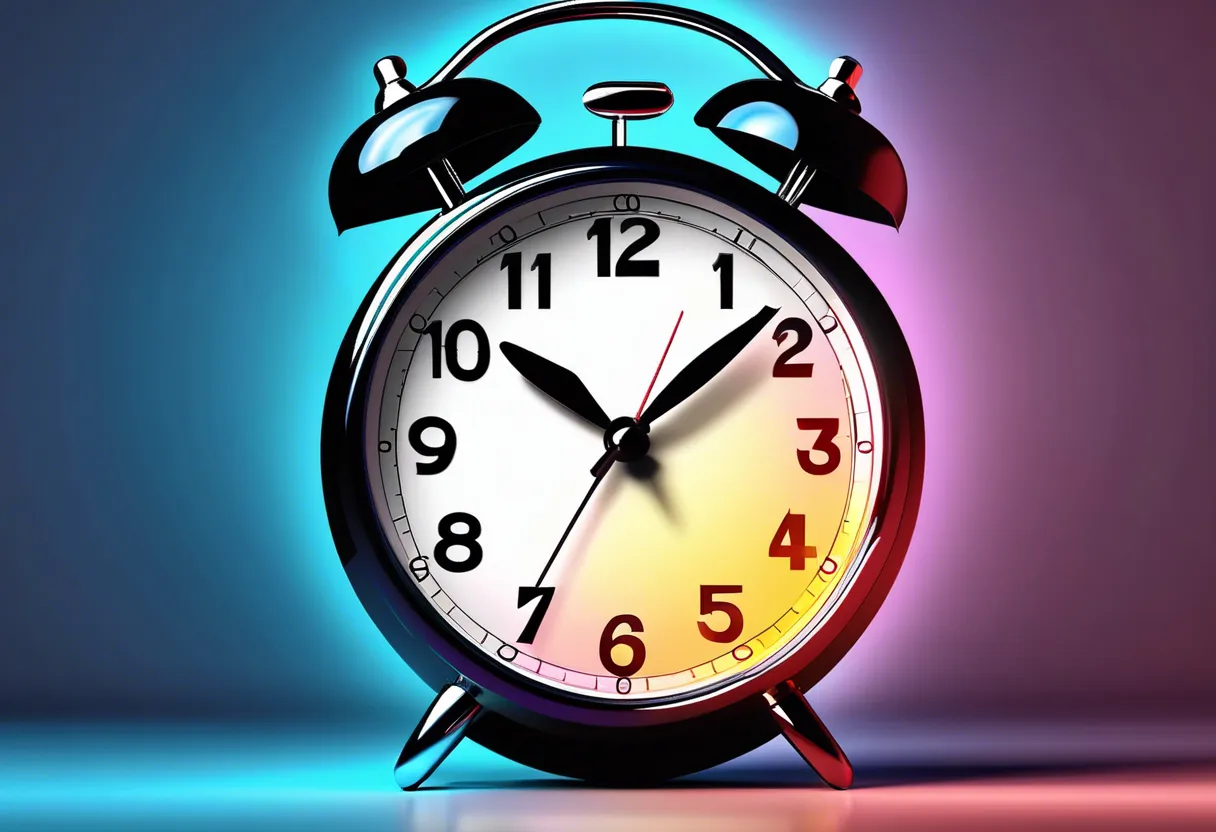Key Sleep Adjustments for Daylight Savings Time Shift

Understanding Sleep Adjustments for Daylight Savings
As daylight savings approaches, adjusting your sleep schedule becomes vital. The transition can affect your body's natural rhythms, and not preparing can lead to sleep disruptions.
Practical Tips for Better Sleep
- Gradually shift your bedtime earlier by 15-30 minutes.
- Limit exposure to screens before bed.
- Create a dark and cool sleeping environment.
- Adopt relaxing bedtime routines.
The Importance of Sleep During Time Changes
Adequate rest helps maintain high levels of alertness and cognitive function, which can be affected by the time change. Awareness of your body’s reactions can help ease the adaptation process. Prioritize sleep to avoid the pitfalls associated with this seasonal change.
Disclaimer: The information provided on this site is for informational purposes only and is not intended as medical advice. We are not responsible for any actions taken based on the content of this site. Always consult a qualified healthcare provider for medical advice, diagnosis, and treatment. We source our news from reputable sources and provide links to the original articles. We do not endorse or assume responsibility for the accuracy of the information contained in external sources.
This article was prepared using information from open sources in accordance with the principles of Ethical Policy. The editorial team is not responsible for absolute accuracy, as it relies on data from the sources referenced.